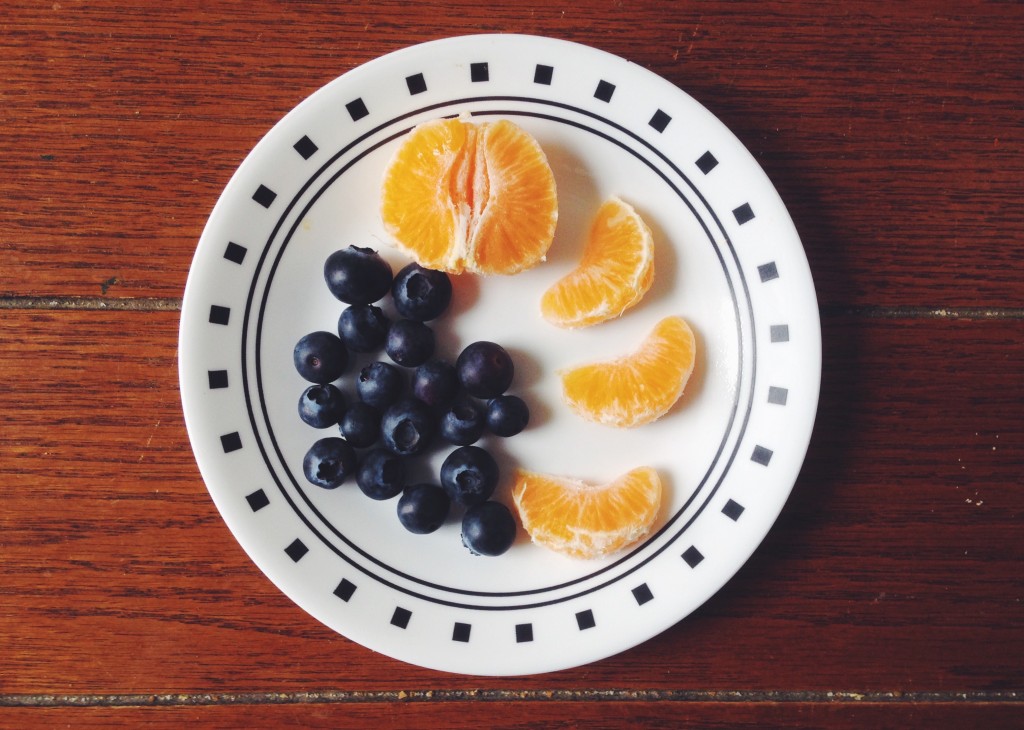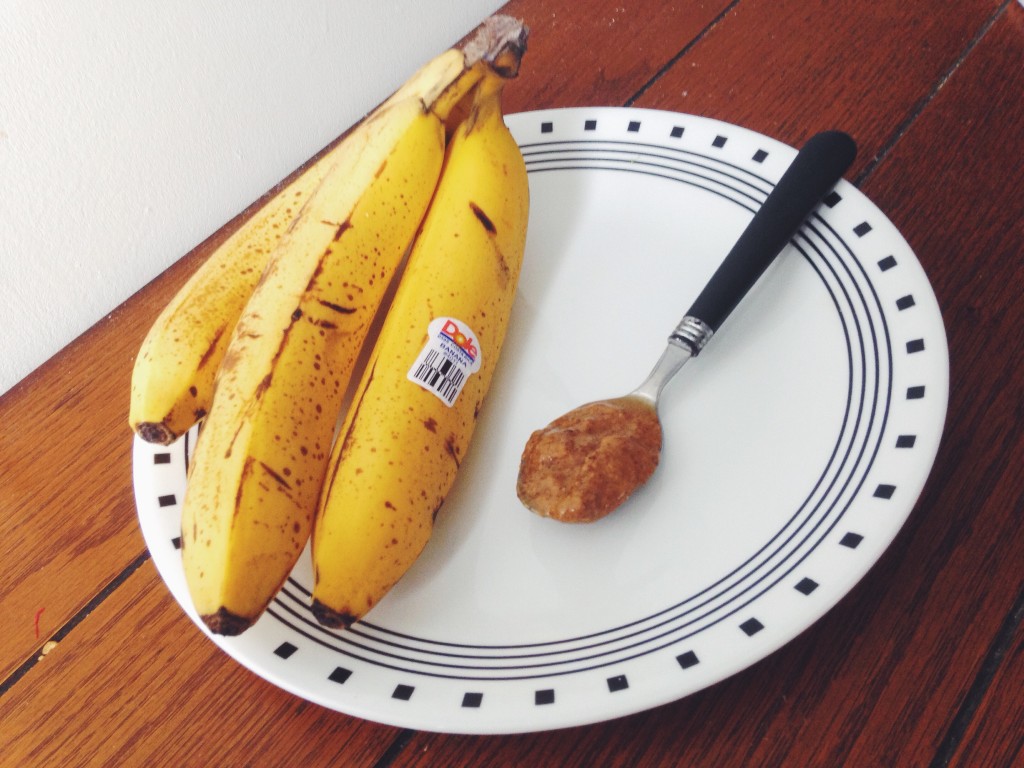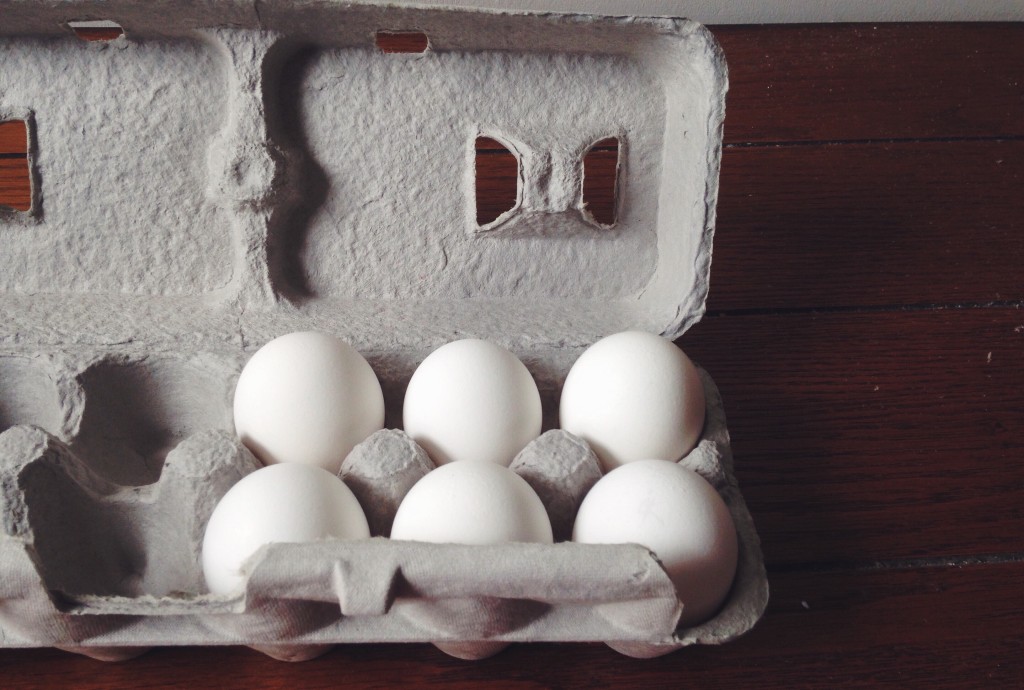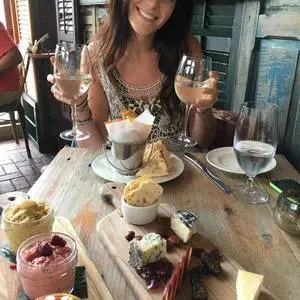It’s time to ditch the diet. There’s more out there in this world than crazy fads and juice cleanses. Instead of forcing yourself to drink kale (which isn’t even the healthiest supergreen), try something that might actually change your eating habits and have a lasting effect on your lifestyle.
Welcome to Whole 30. This program isn’t meant to be thought of as a 30-day diet, but more of a restart button for your body. For 30 days, you will give your body nothing but filling, nutritionally dense, healthy foods.

Photo by Kelli Haugh
Too many people have skewed definitions of what “healthy” means nowadays. This program is meant to be used as a way to get back to the basics, based off of a paleo (or caveman) style of eating.
Ok, so what is it? Here are some of the food groups you can and can’t have for the next 30 days.
Yes:
- Meats
- Seafood
- Vegetables
- Fruits
- Nuts & seeds
- Olive oil, coconut oil, clarified butter (ghee)

Photo by Kelli Haugh
No:
- Dairy
- Gluten
- Grains
- Legumes (that includes peanut butter)
- Soy
- Canola oil and vegetable oils
- Added sugars (yup, even honey and maple syrup)
- Preservatives
- Alcohol
For 30 days there is no calorie counting or scales. While you’re welcome to weigh yourself before and after the program (c’mon now, it’s 2015 and everyone know weight is just a number), this isn’t about weightloss.
It’s about understanding how your body will feel when it’s at prime functionality. Whole 30 is focused on learning to understand your hunger cues, determining your “food with no breaks” and defeating your sugar dragon.

Photo by Kelli Haugh
What It’s Really Like
In January I completed my 3rd (and hardest) Whole 30 so far. Prior to this round, I had never done a Whole 30 while away at college or without a partner. Miraculously, this ended up being my most successful Whole 30 yet.
I won’t lie, the Whole 30 can feel restricting while you’re doing it and simultaneously keeping up your social life. If you’re a college student trying to give the Whole 30 a go, keep these tips in mind:
- Get a partner to do it with you and hold you accountable.
- Make sure you know where you can eat out on campus (Panera and Chipotle kept me sane).
- Remember that it isn’t going to last forever.
I come back to the program when I need a reminder of what it feels like to be at the top of my game. After the 30 days are over, I’m in the habit of cooking all my meals for the week on Sundays, I’m sleeping through the night and I don’t worry about whether or not I’ll feel bloated after enjoying a meal. It’s tough, but it’s rewarding.
Want more info? Check these out:


